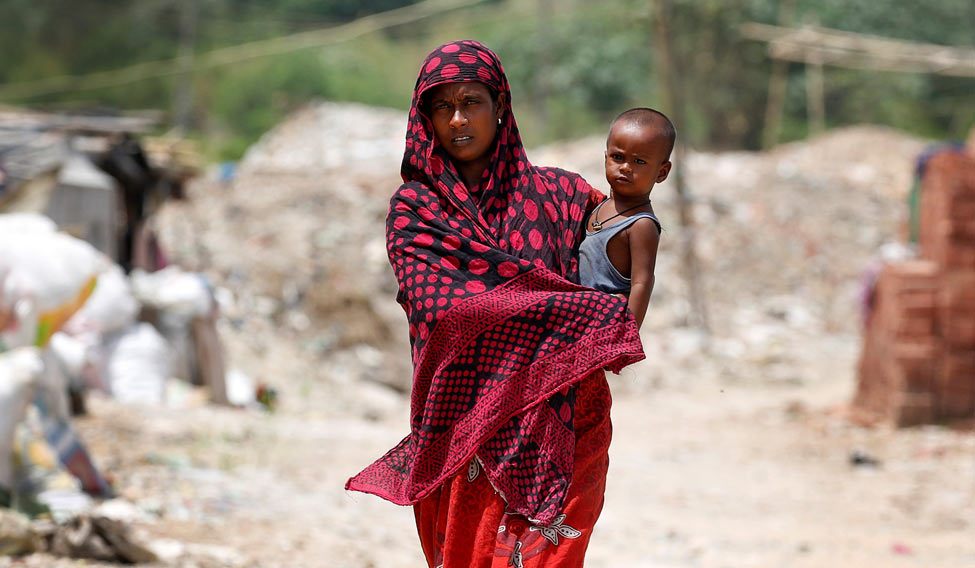The Union Home Ministry feels that illegal migrants in the country are “more vulnerable to getting recruited by terrorist organisations”. Besides being a burden to the limited resources and infringing on rights of Indian citizens, they pose a tough security challenge.
This has been cited as the primary reason by the Ministry of Home Affairs for asking all states to identify and deport Rohingyas belonging to the Rakhine state of Myanmar on a war footing.
Days after the ministry issued its advisory to states, the issue has blown up on its face. The National Human Rights Commission has jumped into the fray taking serious note of the matter and issued a notice to MHA. For the NHRC, the matter isn't just related to security concerns, but the rights and liberties of people who had taken refuge in India after suffering atrocities. The human rights body has raised a red flag saying such people continue to face the danger of persecution if they return to their native country.
“There is nothing wrong in the advisory. We need to take care of our security concerns. We have not said anything against any human rights issues,” a home ministry official told THE WEEK.
Even as the issue is likely to draw attention with human rights groups protesting such a move by the NDA government, the question is whether the MHA has a roadmap as to how it would go about deporting them.
The home ministry has put the ball in the court of the state governments for now.
“It is for the states to act. We are only sensitising the states. Law and order is a state subject,” the official said.
There are states like Jammu and Kashmir, Haryana, Uttar Pradesh, Delhi, Rajasthan and Hyderabad where Rohingya Muslims have been residing for several years after fleeing from Myanmar when violence broke on in the western Rakhine state.
The home ministry, however, is showing the rulebook to states to implement its advisory. Firstly, it says that the state police has the power to arrest a foreign national staying illegally in India under section 4 of the Passport Act. Secondly, it says that any foreign national exceeding his stay in India can be proceeded against under section 14 of Foreigners Act. The same section applies for those who have entered the country without valid documents. Thirdly, the MHA says that detection and deportation of Rohingyas is a continuous process and states must identify them and take action without delay . The letter has been marked to chief secretaries and DGPs of all states. Simultaneously, the ministry has also asked Intelligence agencies to keep a watch on the Rohingyas to ensure no untoward incident takes place in the country.
With no refugee policy in place, it will be the call of each state government as far as their identification and deportation is concerned. “Even if they get deported, they may come back. We possibly can't expect to push them across,” said a government official. It will require some intense diplomacy with Myanmar to officially send them back. It may also have to rope in Bangladesh to help deal with the influx.
Incidentally, India is also becoming home for Hindus and Sikhs who have faced atrocities and sought refuge in India. They are part of the minority community in countries such as Pakistan and Bangladesh. But in the absence of a refugee policy, it is turning back others like the Rohingyas. Is it time for New Delhi to become a signatory of the 1951 Convention on Refugees and also the 1967 Protocol which governs how distressed refugees are treated in nations where they seek asylum?





